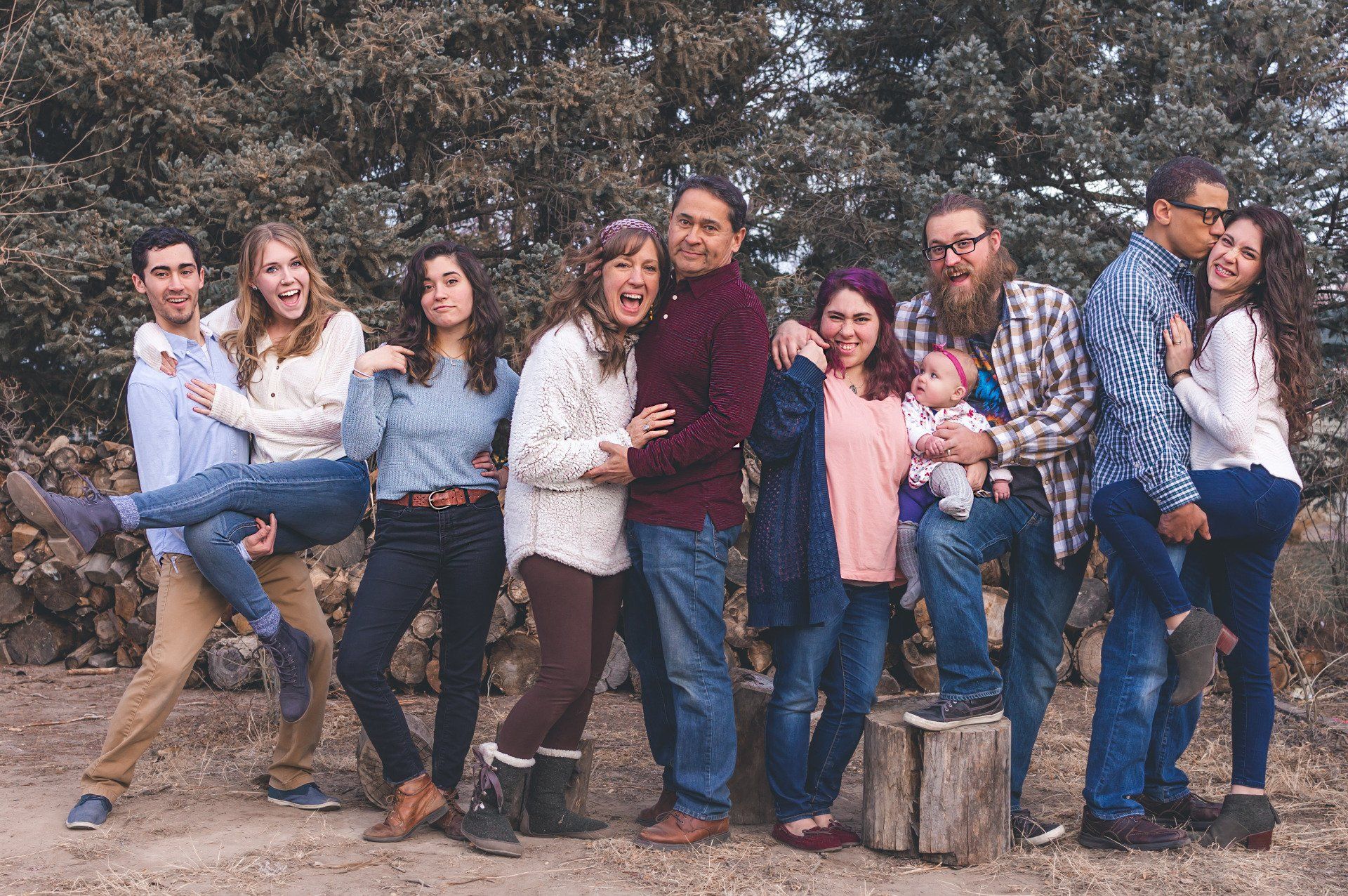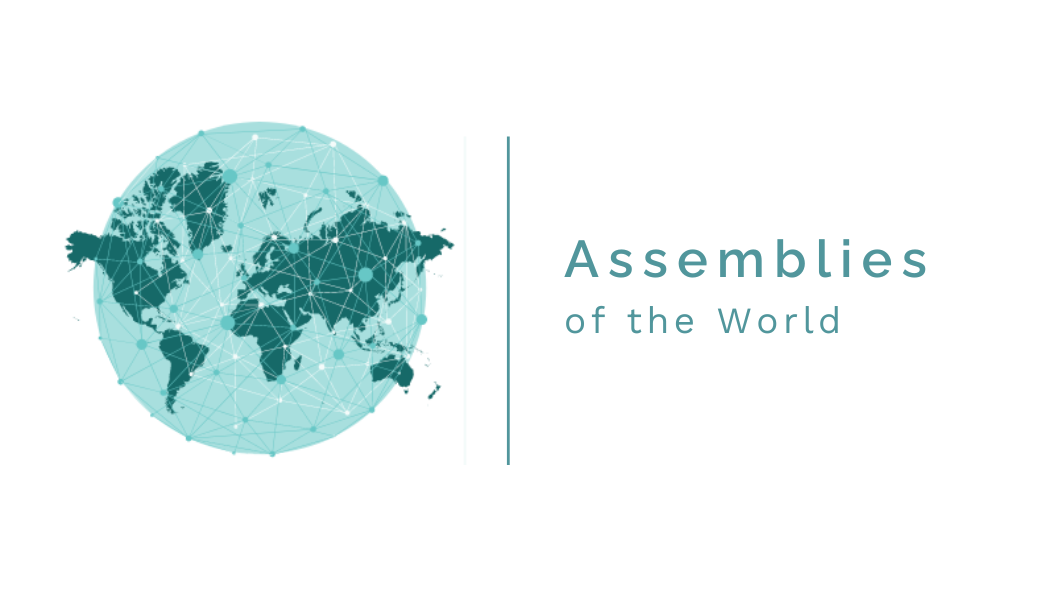Core Principles
Abiding by our principles
Our collective vision to realise a harmonious way of life on planet Earth for all people according to Natural Law

Core Principles
This is intended as an example and not something that needs to be followed rigidly. Each assembly may have variations that are more in keeping with their culture.
For an explanation of the current structure of the Community Assembly of the British Isles (CABI) framework, we always start with the most important first and these are the Local Assemblies underpinned by our collective vision to realise a harmonious way of life on planet Earth for everyone according to Natural Law whereby:
- The potential of every individual is maximised to pursue their conscience which dictates right from wrong.
- Our conscience is our inter-connectedness to every other creation and is achieved initially by crafting a structure which connects every individual to the best available knowledge.
- Each individual is enabled and supported to fulfil their obligations to one another and to future generations.
- It is ensured that each individual minimises harm caused to any other creation.
- Each individual agrees, when becoming a member of a community, as to how they will interact in all their affairs (creating duties, rights and obligations between every individual to one another by consent).
- The acceptance of each individual's point of view in respect of their rights has to have an 80 per cent majority by each relative collective in order to be accepted as a core principle. If 80 per cent of the people reject the proposed principle, then it can be restricted.
(This is the method of decision-making as defined by Natural Law whereby 80 per cent is the super-majority average. Each decision needs to be thought through carefully so that if, for example, 81 per cent of a community decide that flip-flops should be worn all year round, what happens to the 19 per cent who have poor circulation in their feet? To force the 19 per cent to follow the new rule has a potential to cause harm and so it is not enforceable. The 80% rule can only apply where there is no known chance of harm.) - The decision-making principle is also used to settle disputes between individuals and groups. This is where rationality is determined by evidence that supports the best understanding as to what is true at any point in time in order for society to be able to impose its will upon any individual. This ensures that the best available knowledge is being applied by every individual to minimise harm to others.
- The rules of interaction and dispute resolution must be ratified at all times by at least 80 per cent of the members, and only relates to the duties, rights and obligations within the span of the 80 per cent super-majority.
- Society has no obligation to any individual beyond upholding the
rule of Natural Law.
The best application of the Creator's resources under our collective lawful control is that we must do all within our power to ensure that each individual has the resources to provide for themselves:
● Shelter from the environment
● Ability to grow food
● Access to clean potable (transportable) water
● Access to fresh air
10. The law is simple - an individual must provide remedy for any harm they knowingly cause. If the harm is caused because the individual has deliberately and consciously chosen to ignore humanity's best available remedy then it can be considered that they are no longer a part of that society.
The only remedy society can impose upon such an individual is to exclude them from the community, making sure they have somewhere to go or have land allocated for their shelter, food, clean water and air. The point is that in such cases an individual is in breach of their bond with others which they consented to when joining the community in the first place.
Assemblies of the World
Assemblies of the World is an alliance of self-governing individuals and assemblies across the world working together in harmony under Natural Law.
All Rights Reserved | Assemblies of the World






